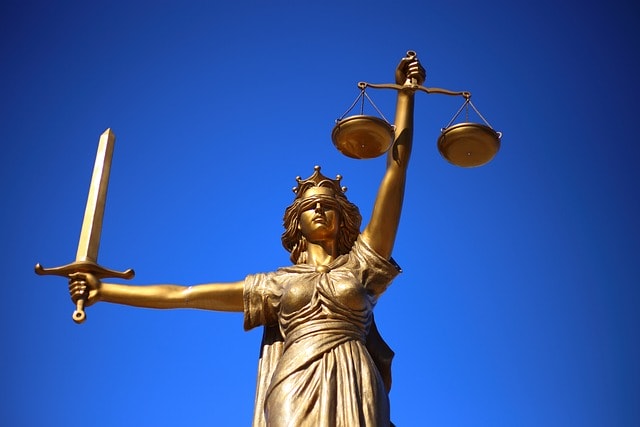In “Fahrenheit 451,” written by Ray Bradbury in 1953, books are outlawed by the state. Whilst some people illicitly keep stashes of literature hidden in their homes, most have no interest in reading or thinking for themselves.
Ironically, there have been repeated efforts to ban or censor “Fahrenheit 451” in the United States over claims of its vulgarity and discussions of drugs and alcohol. This happened most recently in 2006 as Texas officials believed the burning of the Bible in the novel – alongside all other books – was heresy.
So, with the idea of book banning ingrained and commonplace in political and religious practices in the US, just how concerned should we be that a total of 92 books were banned in Martin County, Florida, schools last month?
Most of the books were contested by “a single objector” — a local leader and part of Moms For Liberty, a group advocating for the parental voice in politics —- on account of mature sexual themes in the novels, controversy or, in the case “Looking for Alaska” by John Green, for being “depressing.”
But as Jodi Picoult, who saw 20 of her own novels included in the blacklist, wrote in an article: “The majority of the books that were targeted do not even have a kiss in them.” She goes on to explain why she thinks these books are now controversial: “What they do have, however, are issues like racism, abortion rights, gun control, gay rights, and other topics that encourage kids to think for themselves.”
And last but not least, the legend that is Judy Blume! #itsmemargaret https://t.co/yIhVTKJqHP
— Laura Kuenssberg (@bbclaurak) April 2, 2023
With books in the US clearly labelled as powerful sources of information and in need of careful control, how are books used to promote climate denial rhetoric?
Climate Propaganda
This week, 8,000 copies of “Climate at a Glance for Teachers and Students” were mailed to US science teachers by the Heartland Institute. The textbook is illustrated with graphs, charts and citations that all argue that “the earth is not experiencing a climate crisis.”
A fact-check by news agency AFP found that the book made constant misleading claims as it questioned the true impact of climate change on crop yield, sea level and weather. The book even goes as far as to explain how higher temperatures and carbon dioxide could have a positive impact on corals and crops – arguing that the shrink seen in polar ice is negligible and heatwaves are becoming less severe.
Related articles: Roald Dahl: Censorship, Sensitivity, or Sales?, Teaching History and Literature in America: Why “Critical Race Theory” Is Controversial, Race, Class, and the Climate Crisis, What Is Eco-fiction and Why it Matters.
In a press release, Anthony Watts, co-author of “Climate at a Glance” and senior fellow at Heartland for environment and climate, said: “The goal of this book is to present facts that are normally ignored or outright distorted by pundits and the mainstream media.”
The press release explains how the book was “intended to be supplemental to standard curricula and counter alarmist narrative.”
This kind of institutionalised climate change denial is much more insidious than the misinformation spread by oil companies for profit.
By deeming the very real dangers the climate crisis poses to humanity and the environment as simply “alarmist narrative,” the efforts of activists and environmental policies are negated. With children as the target for climate denial claims, institutionalised climate change denial threatens to raise a generation of adults who simply don’t think climate change is a real hazard.
Teachers received these books unsolicited and according to Glenn Branch, deputy director of the National Centre for Science Education, they are “less vulnerable to a propaganda campaign of this sort.”
But when 139 out of 535 elected members of congress show they don’t think climate change is real, legitimacy is granted to pseudoscientific works like “Climate at a Glance.” Most significantly, former president Donald Trump has shared a slew of Tweets that are cynical and often ignorant when it comes to the climate crisis.
It's really cold outside, they are calling it a major freeze, weeks ahead of normal. Man, we could use a big fat dose of global warming!
— Donald J. Trump (@realDonaldTrump) October 19, 2015
If books that encourage children to think for themselves are being banned in the US, how long is it until the state approves books that directly teach misinformation to suit their political agendas? With race, gender sexuality, abortion laws, and gun control just some of the issues the US fights to suppress, will climate change soon be on the list?
It’s clear that information and education have become a political weapon in the US. As Bradbury writes in “Fahrenheit 451”: “a book is a loaded gun in the house next door… Who knows who might be the target of the well-read man?”
Editor’s Note: The opinions expressed here by the authors are their own, not those of Impakter.com — In the Featured Photo: Books spread open. Featured Photo Credit: Wikimedia Commons.








